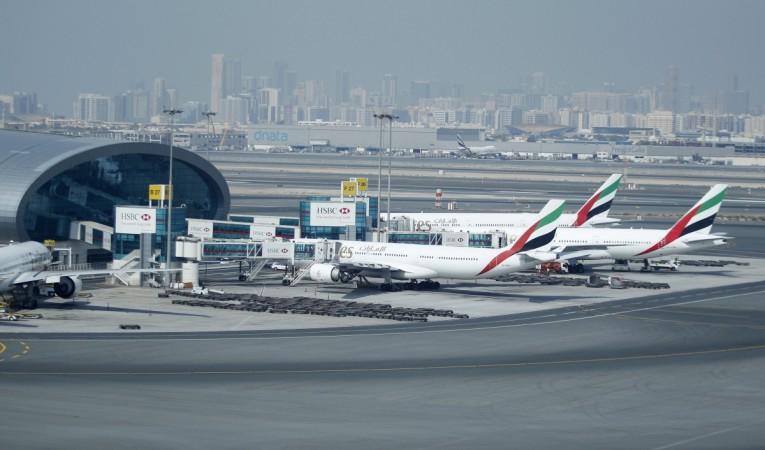
Britain on Tuesday followed the United States in banning large electronic devices in cabin luggage from passengers coming on direct flights from several Muslim-majority countries in the Middle East and northern Africa.
Also read: US to ban large electronic devices like ipads, laptops on direct flights from eight countries
Passengers from certain countries will not be allowed to carry devices bigger than a smartphone, like ipads, laptops, tablets, cameras and other portable electronic equipments, on board the flight.
While the US ban on electronic devices applies to 10 airports and eight Muslim-majority countries, the UK's ban specifically applies to six Middle East countries in total. Passengers can still carry their electronic items along with them but they must put all such devices in their checked-in baggage on the US and UK-bound flights from airports across the countries, including busy transit hubs like Istanbul, Dubai and Doha in Qatar, according to reports.
Although the US ban does not include smartphones, which can be carried in the cabin luggage, the UK ban will include certain cellphones and the ban will be applied to all the airports of the six countries. Reports state that the ban has been imposed because of terrorism fears, as the electronic devices are prone to being used to smuggle explosives.
A British Prime Minister's office spokesperson said that the measures have been taken by the countries based on the "same intelligence the US relies on."
Senior US administration officials said that the rules were made after "evaluated intelligence" that terrorists continue to target commercial aviation by "smuggling explosives in portable electronic devices," the Washington Post reported.
The US ban affects eight countries — Egypt, Jordan, Kuwait, Morocco, Qatar, Turkey, Saudi Arabia and the United Arab Emirates. The US Officials said the airports were selected based on the "current threat picture".
"Based on this information, Secretary of Homeland Security John Kelly and Transportation Security Administration acting administrator Huban Gowadia have determined it is necessary to enhance security procedures for passengers at certain last-point-of-departure airports to the United States," officials said on Monday.
The Department of Homeland Security spokesperson, David Lapan, said that the ban will be imposed till October 14 and could be further extended for another year if the "threat remains the same."









